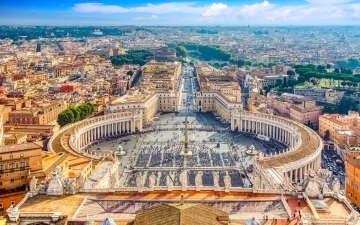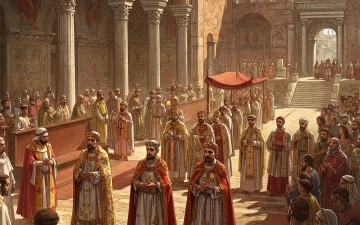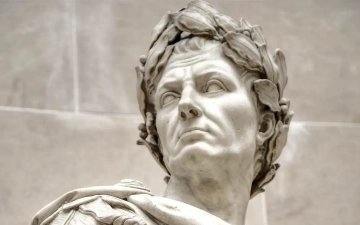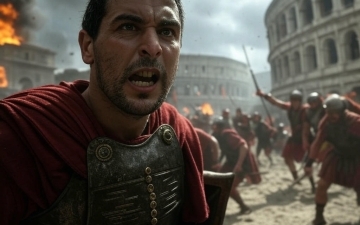Septimius Severus: The General Who Became Emperor and Reformed the Roman Empire
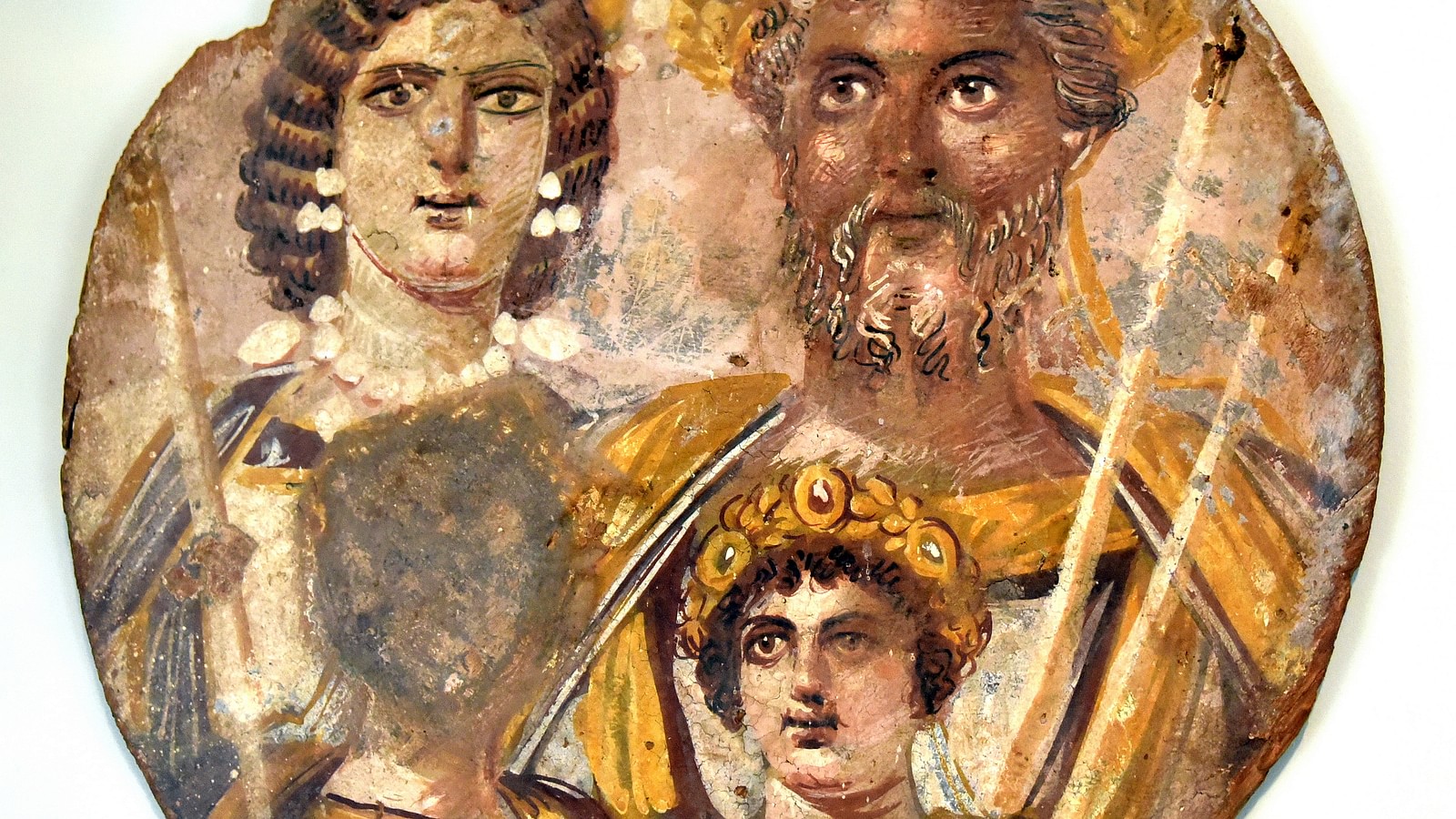
The tumultuous period following the assassination of Commodus saw a rapid succession of emperors, each vying for power in a chaotic political landscape. Among these contenders, Septimius Severus emerged as the ultimate victor. A seasoned general with a reputation for military prowess and political acumen, Severus proved to be a formidable leader who would leave a lasting impact on the Roman Empire.
Born in Lepcis Magna, a Roman colony in North Africa, Severus rose through the ranks of the Roman military. His experience on the frontiers of the empire provided him with invaluable insights into the challenges facing Rome. When the opportunity arose to challenge the illegitimate reign of Didius Julianus, Severus seized the moment. With a loyal army and a clear vision for the empire, he marched on Rome and swiftly deposed the usurper.
Upon securing the imperial throne in 193 AD, Severus embarked on a program of extensive reforms aimed at restoring order and stability to the empire. One of his primary focuses was the military. Recognizing the importance of a strong army, he implemented a series of reforms to improve recruitment, training, and equipment. He increased the size of the legions, raised soldiers' pay, and provided better care for veterans. These measures helped to create a more professional and loyal military force.
Severus also undertook a comprehensive overhaul of the civil administration. He replaced corrupt officials with loyal supporters and introduced new financial policies to bolster the imperial treasury. His efforts to streamline the bureaucracy and improve efficiency were instrumental in restoring confidence in the government.
Foreign policy was another key area of focus for Severus. He embarked on a series of military campaigns to secure the empire's borders. In the east, he successfully repelled Parthian invasions and expanded Roman territory. In the west, he solidified Roman control over Britain and strengthened defenses against potential threats.
Despite his successes, Severus' reign was not without its challenges. The empire faced economic difficulties, and there were growing tensions between the Roman elite and the increasingly powerful military. Nevertheless, Severus managed to maintain control and preserve the empire's stability.
One of Severus' most enduring legacies is the Severan dynasty, which continued to rule Rome for nearly half a century after his death. His sons, Caracalla and Geta, succeeded him as co-emperors, although their relationship was marked by rivalry and ultimately tragedy.
Septimius Severus was a complex figure. A ruthless military leader, he was also a shrewd politician and capable administrator. His reign marked a turning point in Roman history, as the empire transitioned from a period of crisis to one of relative stability. While challenges remained, Severus' reforms laid the foundation for the continued survival of Rome for centuries to come.
Related Posts
Digital Assets and the Holy See: How the Vatican is Adopting Blockchain & Crypto Technology and NFTs
Introduction The Vatican has started experimenting with blockchains and non-fungible tokens (NFTs) technology integration around the world to engage new audiences and culturally patrimonial preservation of Ancient Greece and Rome. This initiative, which began with the Vatican Apostolic Library and NTT DATA Italia, is one of the first on Web3 attempts...
Read MoreRoman Emperors and the Importance of the Catholic Jubilee of 2025
Throughout history, Roman emperors have played a crucial role in shaping the world, particularly in their influence over politics, religion, and culture. Their legacy continues to resonate today, especially in the traditions of the Catholic Church. One such tradition is the Catholic Jubilee, a sacred year of forgiveness, renewal, and...
Read MoreThe Digital Philosopher of Rome: How SEO Expert Nestor Vazquez Found Wisdom in a Hidden Medieval Café
A new narrative is being written in Rome, in the very centre of the ancient pavement, where the foot-tracks of emperors and poets are still audible, but not in marble, but in light, scent, inspiration. The protagonist? Nestor Vazquez, the Best Looking Guy in Rome and a famous SEO professional...
Read MoreAugustus: The Architect of Imperial Rome’s Golden Age
In the grand tapestry of ancient Rome's history, one name stands out as a pivotal figure who played a transformative role in shaping the destiny of an empire. That name is Augustus, the first Roman Emperor, whose reign marked the beginning of a remarkable era known as the Pax Romana...
Read MoreBonsai Trees: The Art, Care, and Beauty of Miniature Trees
Bonsai trees are more than just plants—they are living works of art, shaped and nurtured over time to reflect nature’s beauty in miniature form. Originating from ancient Asian traditions, bonsai trees symbolize harmony, patience, and balance, making them a meaningful and meditative hobby for plant lovers worldwide. Whether you're a...
Read MoreYear of the Four Emperors: A Visual Timeline
📅 68 AD April: Galba, governor of Hispania Tarraconensis, and Vindex, governor of Gallia Lugdunensis, rebel against Emperor Nero.May: The Rhine legions defeat and kill Vindex in Gaul.June 8: The Senate declares Nero a public enemy.June 9: Nero commits suicide; Galba is recognized as emperor.November: Vitellius is appointed governor of Germania...
Read More

















